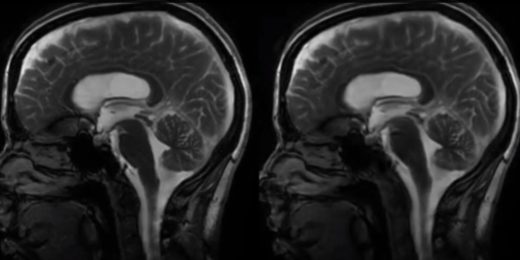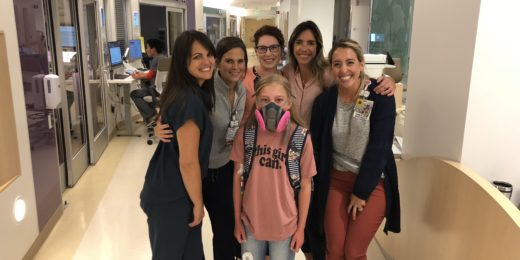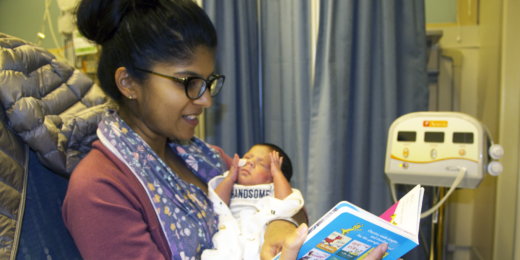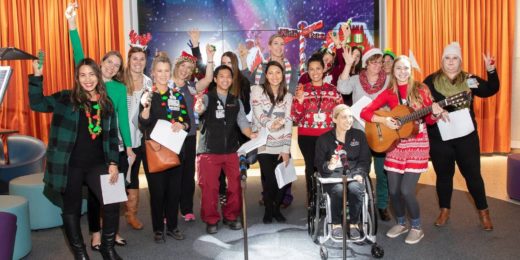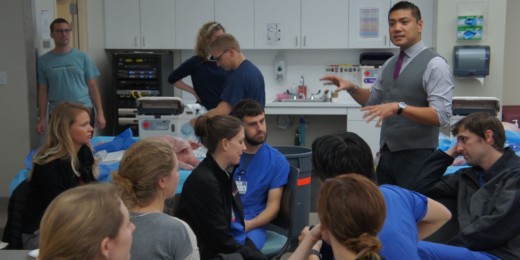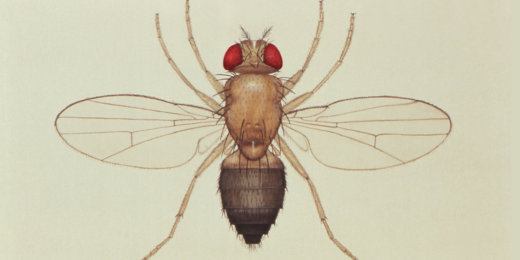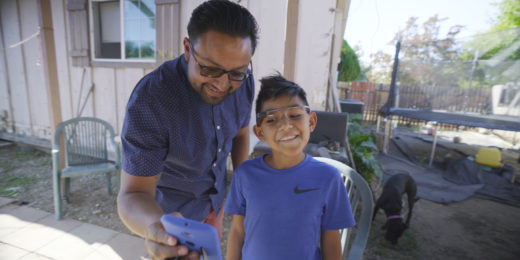A look at the most popular Scope pieces of the year.
Month: December 2018
Technology and bravery help a young girl get new lungs
Lizzy Highstreet, 11, is now recovering at home after receiving a lung transplant due to complications from cystic fibrosis.
WELL challenges you to be mindful during the holidays
Stanford's WELL for Life initiative is challenging you to practice the art of mindfulness for one week to promote self-care.
Tales of tech wonders and worries are Stanford Medicine magazine’s top 2018 reads
The top Stanford Medicine magazine stories of 2018 tell of technological advances and possible dangers.
The autobiography of neuroscientist Ben Barres, an excerpt
The fall issue of Stanford Medicine magazine features an excerpt from Ben Barres' autobiography, which describes his transition from female to male.
A dose of Dr. Seuss for Packard Children’s preemies
Parents and nurses read to preemies at a recent Packard Children's event, promoting the benefits of reading to babies uncovered by recent Stanford research.
Our best reads of 2018: Stanford Medicine communicators’ picks
Looking for a good biomedical read? Stanford Medicine communicators offer up their top picks for the year.
Touch-sensor technology seen as a path for improving surgical training
A Stanford surgeon, educator and inventor has worked to advance the science of touch.
Live from Sophie’s Place: Broadcast studio offers a fun distraction for young patients
A broadcast studio that features a variety of programming for patients opened recently at Lucile Packard Children's Hospital Stanford.
Stanford Surgery’s decorating contest brings cheer to doctors working over the holidays
Stanford Medicine hosted an office decorating contest to help share the holiday spirit for those who have to work between Christmas and New Year's.
Informed consent: A reminder that each patient is different
Neurosurgery resident Adela Wu comments on the importance of personalizing the informed consent process before a procedure for each patient.
The positives whisper: Thoughts on gratitude from an emergency medicine physician
Emergency medicine physician Al’ai Alvarez discusses how he integrates gratitude into his daily life and its many widespread benefits.
Medical students turn to peer-support groups for assistance: A Q&A
A Stanford psychiatry resident discusses the peer-to-peer support programs available to Stanford’s medical students, which she helped create.
Cholera and starvation in Yemen are preventable, Stanford pediatrician says
The civil war in Yemen has led to an cholera epidemic and widespread starvation. Both were preventable, Stanford pediatrician Paul Wise says.
From flies to humans — connecting the dots to find a potential treatment for a progressive movement disorder
Researchers leverage studies in fruit flies to identify a potential treatment for people with neurodegenerative disorder called spinocerebellar ataxia.
Helping kids with autism better understand facial expressions, “which is kind of fantastic”
A look at a new type of behavioral therapy designed to help children with autism understand emotions and interact better with others.


